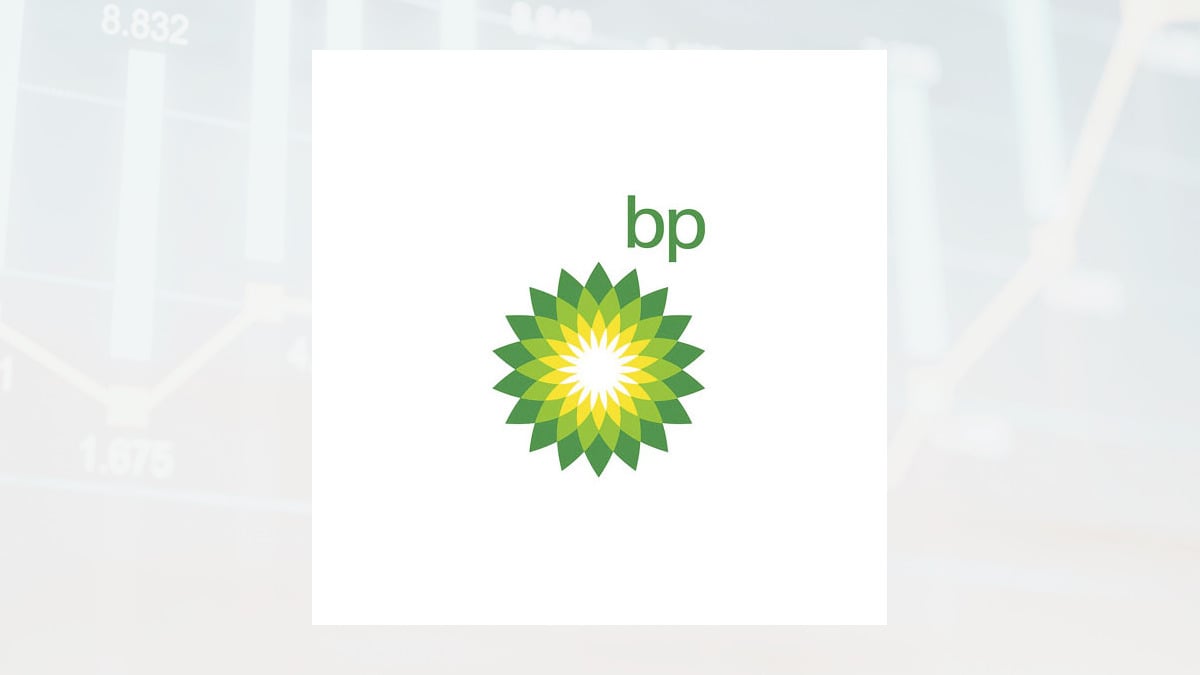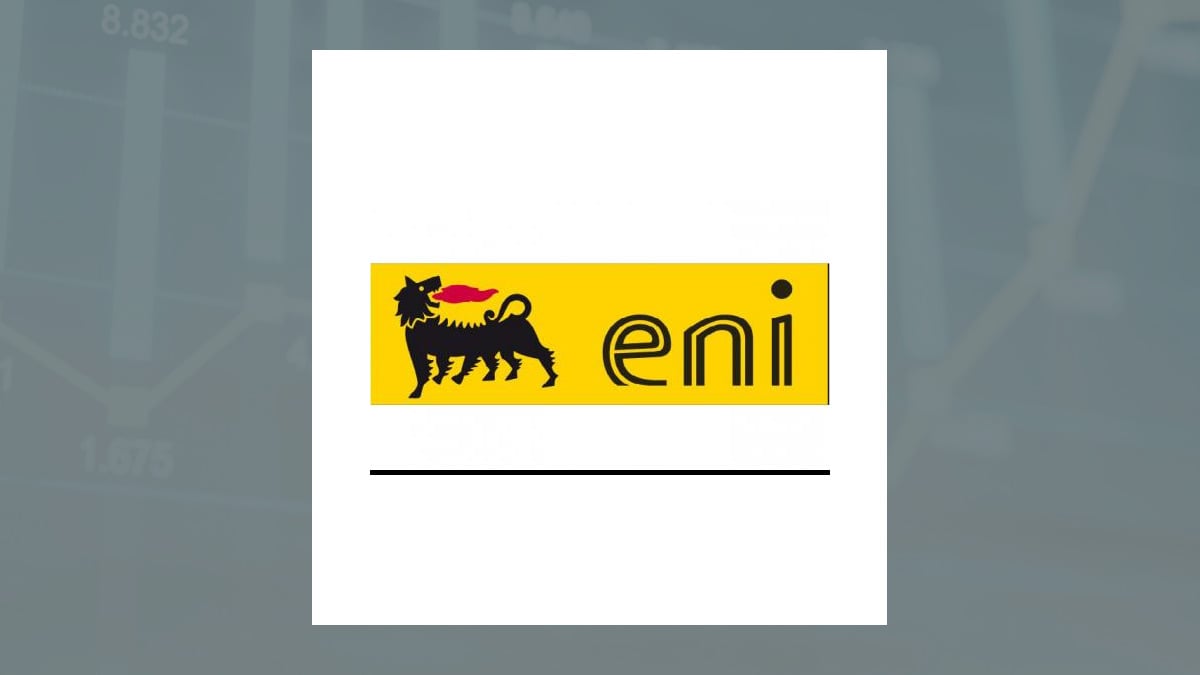BP (NYSE:BP – Get Free Report) and ENI (NYSE:E – Get Free Report) are both large-cap energy companies, but which is the better investment? We will contrast the two companies based on the strength of their analyst recommendations, institutional ownership, earnings, profitability, valuation, dividends and risk.
Dividends
BP pays an annual dividend of $1.98 per share and has a dividend yield of 6.0%. ENI pays an annual dividend of $1.69 per share and has a dividend yield of 4.9%. BP pays out 942.9% of its earnings in the form of a dividend, suggesting it may not have sufficient earnings to cover its dividend payment in the future. ENI pays out 104.3% of its earnings in the form of a dividend, suggesting it may not have sufficient earnings to cover its dividend payment in the future.
Insider and Institutional Ownership
11.0% of BP shares are owned by institutional investors. Comparatively, 1.2% of ENI shares are owned by institutional investors. 1.0% of BP shares are owned by company insiders. Comparatively, 0.0% of ENI shares are owned by company insiders. Strong institutional ownership is an indication that endowments, large money managers and hedge funds believe a stock is poised for long-term growth.
Analyst Recommendations
| Sell Ratings | Hold Ratings | Buy Ratings | Strong Buy Ratings | Rating Score | |
| BP | 1 | 9 | 5 | 2 | 2.47 |
| ENI | 0 | 8 | 0 | 1 | 2.22 |
BP currently has a consensus target price of $42.41, suggesting a potential upside of 28.03%. ENI has a consensus target price of $34.60, suggesting a potential downside of 0.47%. Given BP’s stronger consensus rating and higher possible upside, research analysts clearly believe BP is more favorable than ENI.
Volatility & Risk
BP has a beta of 0.54, suggesting that its stock price is 46% less volatile than the S&P 500. Comparatively, ENI has a beta of 0.9, suggesting that its stock price is 10% less volatile than the S&P 500.
Profitability
This table compares BP and ENI’s net margins, return on equity and return on assets.
| Net Margins | Return on Equity | Return on Assets | |
| BP | 0.29% | 9.08% | 2.57% |
| ENI | 2.84% | 8.53% | 3.31% |
Valuation and Earnings
This table compares BP and ENI”s gross revenue, earnings per share (EPS) and valuation.
| Gross Revenue | Price/Sales Ratio | Net Income | Earnings Per Share | Price/Earnings Ratio | |
| BP | $194.63 billion | 0.45 | $381.00 million | $0.21 | 157.73 |
| ENI | $98.71 billion | 0.59 | $2.84 billion | $1.62 | 21.46 |
ENI has lower revenue, but higher earnings than BP. ENI is trading at a lower price-to-earnings ratio than BP, indicating that it is currently the more affordable of the two stocks.
Summary
BP beats ENI on 10 of the 17 factors compared between the two stocks.
About BP
 BP p.l.c. provides carbon products and services. The company operates through Gas & Low Carbon Energy, Oil Production & Operations, and Customers & Products segments. It engages in the production of natural gas, and integrated gas and power; trading of gas; operation of onshore and offshore wind power, as well as hydrogen and carbon capture and storage facilities; trading and marketing of renewable and non-renewable power; and production of crude oil. In addition, the company involved in convenience and retail fuel, EV charging, Castrol lubricant, aviation, B2B, and midstream businesses; refining and oil trading; and bioenergy business. The company was founded in 1908 and is headquartered in London, the United Kingdom.
BP p.l.c. provides carbon products and services. The company operates through Gas & Low Carbon Energy, Oil Production & Operations, and Customers & Products segments. It engages in the production of natural gas, and integrated gas and power; trading of gas; operation of onshore and offshore wind power, as well as hydrogen and carbon capture and storage facilities; trading and marketing of renewable and non-renewable power; and production of crude oil. In addition, the company involved in convenience and retail fuel, EV charging, Castrol lubricant, aviation, B2B, and midstream businesses; refining and oil trading; and bioenergy business. The company was founded in 1908 and is headquartered in London, the United Kingdom.
About ENI
 Eni SpA engages in the exploration, production, refining, and sale of oil, gas, electricity, and chemicals. It operates through the following segments: Exploration and Production, Global Gas and LNG Portfolio, Refining & Marketing and Chemicals, Power & Renewables, and Corporate and Other Activities. The Exploration and Production segment engages in research, development and production of oil, condensates and natural gas, forestry conservation (REDD+) and CO2 capture and storage projects. The Global Gas and LNG Portfolio segment refers to the supply and sale of wholesale natural gas by pipeline, international transport and purchase and marketing of LNG, which includes gas trading activities finalized to hedging and stabilizing the trade margins, as well as optimizing the gas asset portfolio. The Refining & Marketing and Chemicals segment engages in supply, processing, distribution, and marketing of fuels and chemicals. The Corporate and Other Activities segment includes the main business support functions in particular holding, central treasury, IT, human resources, real estate services, captive insurance activities, research and development, new technologies, business digitalization, and environmental activities. The company was founded on February 10, 1953 and is headquartered in Rome, Italy.
Eni SpA engages in the exploration, production, refining, and sale of oil, gas, electricity, and chemicals. It operates through the following segments: Exploration and Production, Global Gas and LNG Portfolio, Refining & Marketing and Chemicals, Power & Renewables, and Corporate and Other Activities. The Exploration and Production segment engages in research, development and production of oil, condensates and natural gas, forestry conservation (REDD+) and CO2 capture and storage projects. The Global Gas and LNG Portfolio segment refers to the supply and sale of wholesale natural gas by pipeline, international transport and purchase and marketing of LNG, which includes gas trading activities finalized to hedging and stabilizing the trade margins, as well as optimizing the gas asset portfolio. The Refining & Marketing and Chemicals segment engages in supply, processing, distribution, and marketing of fuels and chemicals. The Corporate and Other Activities segment includes the main business support functions in particular holding, central treasury, IT, human resources, real estate services, captive insurance activities, research and development, new technologies, business digitalization, and environmental activities. The company was founded on February 10, 1953 and is headquartered in Rome, Italy.
Receive News & Ratings for BP Daily - Enter your email address below to receive a concise daily summary of the latest news and analysts' ratings for BP and related companies with MarketBeat.com's FREE daily email newsletter.
